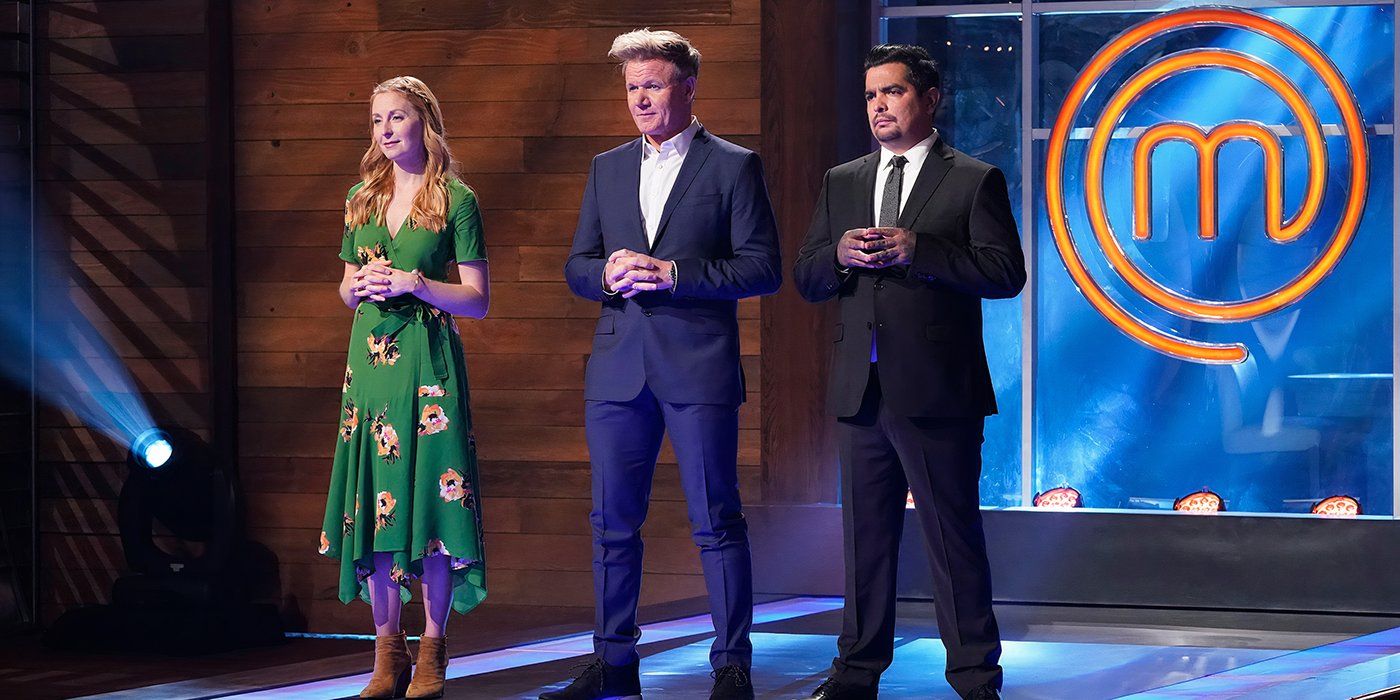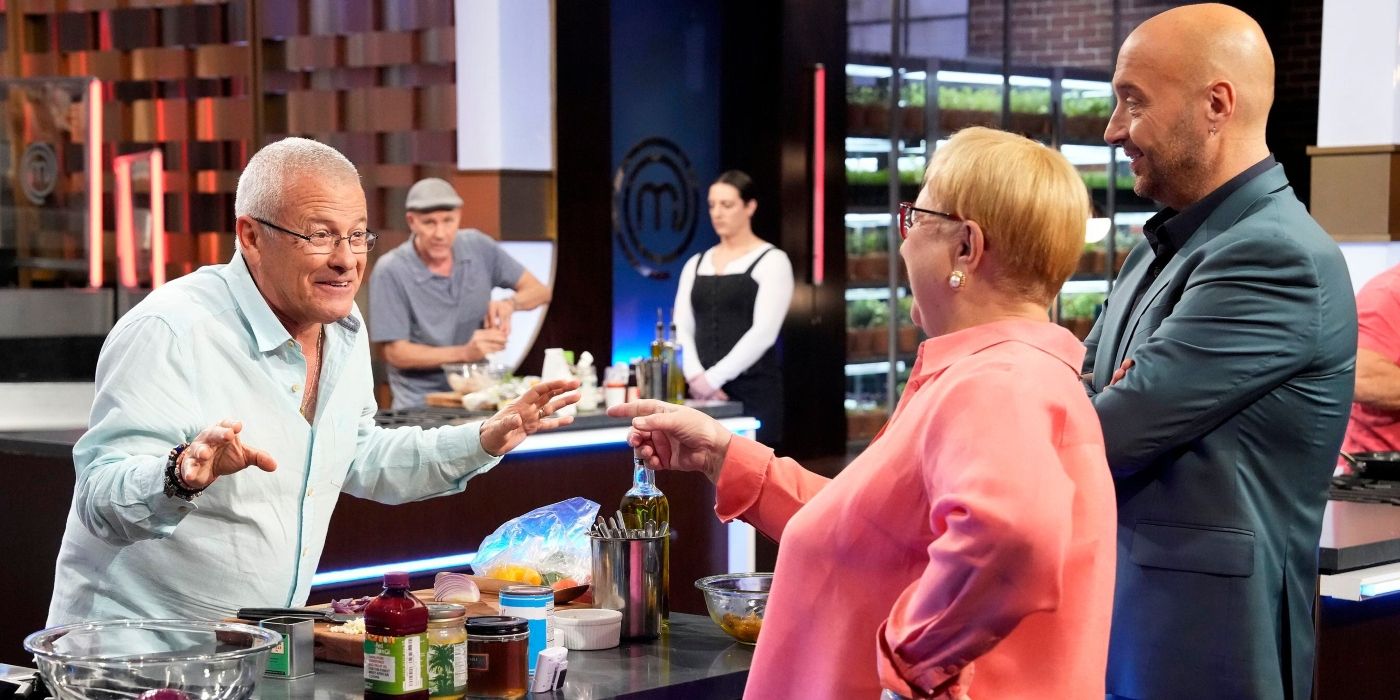
- MasterChef features amateur cooks competing for the title and a $250,000 prize, showcasing their talent and ingenuity.
- The show’s structure includes Skills Tests, Mystery Boxes, and Pressure Tests, judged by Gordon Ramsay and other food professionals.
- The audition process has become formulaic and predictable, detracting from the excitement of the actual cooking challenges. MasterChef Junior provides a more engaging format by skipping auditions and diving straight into competition.
Before MasterChef premiered in 2010, most cooking competition shows featured professional chefs. Shows such as Top Chef, Chopped, and Iron Chef all showcased chefs who already had plenty of kitchen experience. Gordon Ramsay first hit television screens with his hit show, Hell’s Kitchen in 2005, and these contestants were also competing with prior cooking experience. But then Ramsay had an idea for a show that would pit home cooks against each other, all for the MasterChef title and a $250,000 prize. Even though these individuals didn’t have restaurant credentials, they had learned to perfect their own dishes with maximum flavor. Now, 14 seasons later, the series is still capitalizing on the impressive talent and ingenuity of these amateur cooks who dream of a future in the food world. The series also inspired a spin-off program called MasterChef Junior (which debuted in 2013); it has already aired for nine seasons and continues to win over fans with its gifted pint-sized cooks.


